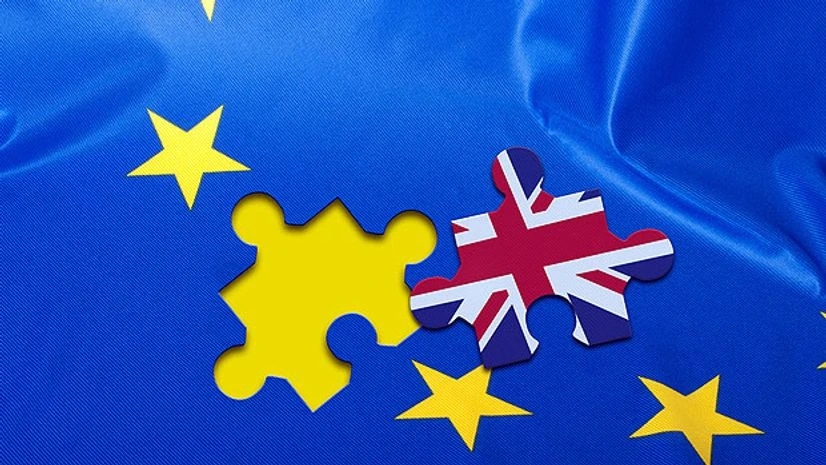Britain is set to go to the polls on Thursday in a historic referendum on whether the country should remain a member of the European Union (EU) or leave.
Polling stations will open from 7 a.m. to 10 p.m., BBC reported.
An estimated 46,499,537 people are entitled to take part in the vote - a record number for a British poll.
It is only the third nationwide referendum in the country's history and comes after a four-month battle for votes between the 'Leave' and 'Remain' campaigns.
The referendum ballot paper asks the following question: "Should the United Kingdom remain a member of the European Union or leave the European Union?"
Also Read
Whichever side gets more than half of all votes cast is considered to have won.
After the referendum polls close, sealed ballot boxes will be collected and transported to the count venue for each of the 382 local counting areas.
These represent all 380 local government area in England, Scotland and Wales, plus one each for Northern Ireland and Gibraltar.
Individual areas' results will then be declared throughout the night, along with regional results from 11 regional counts.
Depending on how close the poll is, the result may become clear before the final national result is officially declared by the Chief Counting Officer, who will be based at Manchester Town Hall.
The Electoral Commission estimates a final result "around breakfast time" on Friday.
Britain joined the EU in January 1973.
In 1975, a referendum was held on Britain's membership of the European Economic Community (EEC), which was later named as the EU.
The result of the referendum was in favour of Britain continuing to be a member of the EEC approved by 67% of the total voters.
'Britain Stronger in Europe', chaired by businessman Stuart Rose is the main group campaigning for Britain to remain in the EU, and 'Vote Leave', chaired by Labour MP Gisela Stuart, is the main group campaigning for the country to leave.

)
